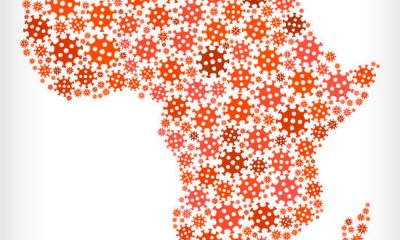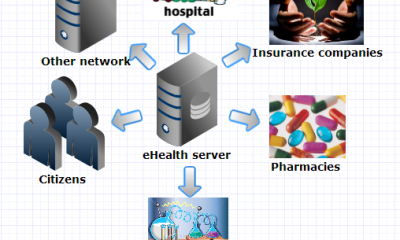For some years now, Kenya has been receiving doctors from Cuba and deploying them to various regions and facilities. Many citizens have wondered why this should be so while they believe there are many unemployed medics in the country. Whereas the issue of employment remains a thorny issue, due to the diversity of concerns to why some are not on employment, we would like to understand the Kenya-Cuba relationship.
Cuba is known as having one of the best healthcare delivery systems, which despite challenges has ensured an almost 100% universal coverage. The affordability of the services has greatly been influenced by the great strides in the pharma industry which has allowed for competitive pricing of the medications and pharma products.
The Cuban pharmaceutical industry has over 1,200 international patents and sells medicine and equipment to more than 50 countries. The industry is entirely publicly funded and managed with a major goal to develop drugs of strategic importance to the health care of all people. It is estimated that Cuba’s local production covers more than 60% of finished pharmaceutical products used in the country, and the industry’s trade balance has remained consistently positive for most of the period 1995 till now.
Speaking about the lessons that Kenya can learn from Cuba, Jayesh Saini noted that Cuba has prioritised domestic innovation and production of pharma products to acquire most of its needed medical products and have been able to achieve its remarkable health advances at a relatively low cost. With a focused and determined approach to provide affordable and quality healthcare, the Government of Cuba has made great strides in these sectors and Kenya would benefit by tapping into this great wealth of resources, both as a consumer of the end products and also as a conduit for the same. Jayesh believes that these kinds of partnership are one of the ways that Kenya can attain affordable universal healthcare and would also be a major boost in the Government’s Big Four Agenda’s components of local manufacturing. A boost in local manufacturing and attainment of universal healthcare coverage will also help in job creation and economic development.
Considering the advanced state of the healthcare in Cuba and the insatiable desire to grow ours in Kenya, development of exchange programs where medics and pharmaceutical personnel from both countries meet and exchange ideas is a great opportunity for skills transference and therefore a welcome venture. There is no doubt that the Republic of Cuba has made great strides in the healthcare sector locally and internationally. For example, Cuba is impacting many nations globally, Kenya included, with their healthcare services delivery innovations and pharmaceutical breakthroughs ranging from development of vaccines to drugs for chronic conditions. Partnering with Cuba, is partnering with people who have gone through much and come out victorious and we believe there is much we can learn and adopt from Cuba to suit our local needs.

 General News6 days ago
General News6 days ago
 Politics2 days ago
Politics2 days ago
 General News2 days ago
General News2 days ago
 General News4 hours ago
General News4 hours ago

















